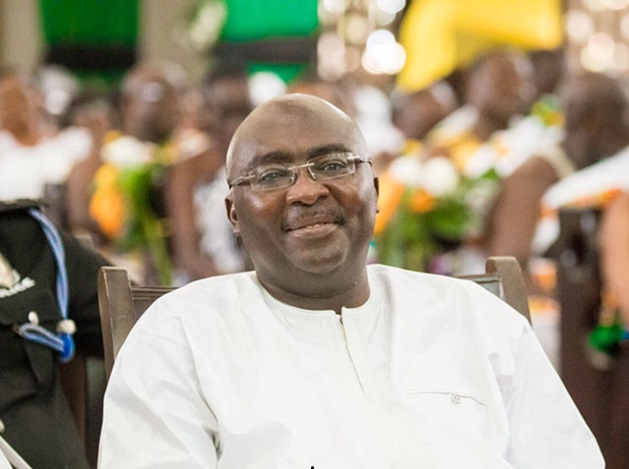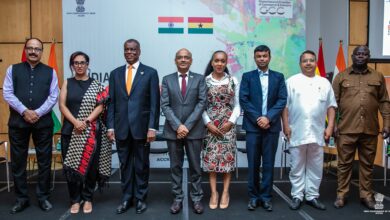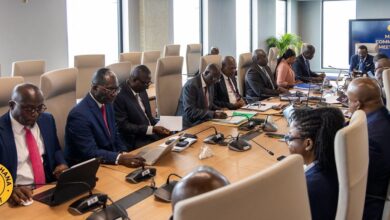New credit scoring system to empower individuals and boost business growth in Ghana

Vice President Dr. Mahamudu Bawumia has introduced the innovative mycreditscore system, a credit scoring tool designed to make access to finance easier and more transparent for individuals and businesses in Ghana.
For individuals, this new system offers a pathway to fairer and faster access to credit. With detailed and accurate insights into personal debt profiles and repayment histories, mycreditscore empowers borrowers to build a positive credit record, making it easier to secure loans for personal or business needs. By providing lenders with a clearer picture of an individual’s financial reliability, the system helps streamline the borrowing process, reducing wait times and enhancing confidence among lenders and borrowers alike.
Businesses, particularly small and medium-sized enterprises (SMEs), stand to benefit significantly from this advancement. The enhanced transparency and reliability of credit information mean financial institutions can make more informed, tailored lending decisions, supporting businesses with timely capital. This, in turn, helps businesses meet operational needs, seize growth opportunities, and ultimately contributes to economic expansion.
The mycreditscore system will also contribute to the development of a robust mortgage market in Ghana, giving aspiring homeowners better access to affordable loans. The system’s support for fair credit allocation and reduced risk of default bolsters financial stability and encourages lenders to offer more diverse financial products to individuals and businesses.
Vice President Bawumia highlighted the groundwork that has been laid to enable the new system’s functionality, including implementing the Ghana Card, a unique identification system, a digital property address system, and mobile money interoperability. Together, these initiatives form an integrated ecosystem that supports the secure and efficient use of credit data.
Mr. John Awuah, CEO of the Ghana Association of Banks, remarked that mycreditscore would help banks operate more efficiently and provide fairer access to credit. This, he added, will foster economic growth across Ghana, creating new opportunities for individuals and promoting a healthy business environment.




